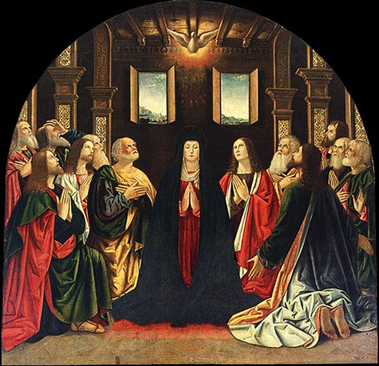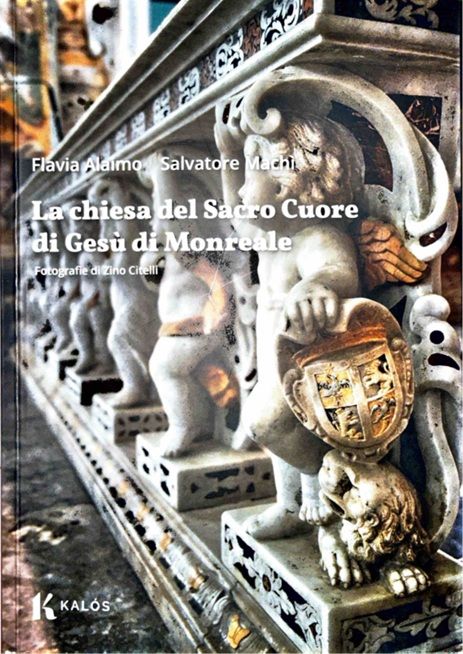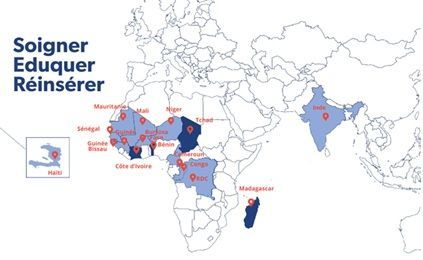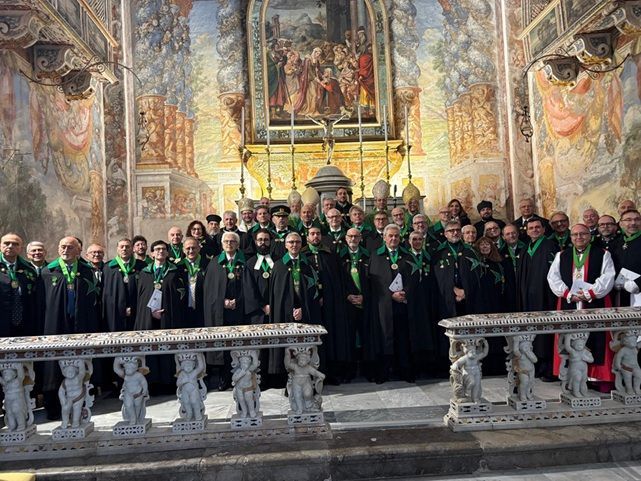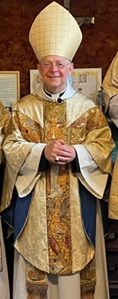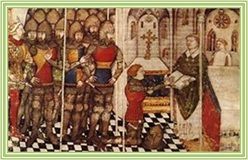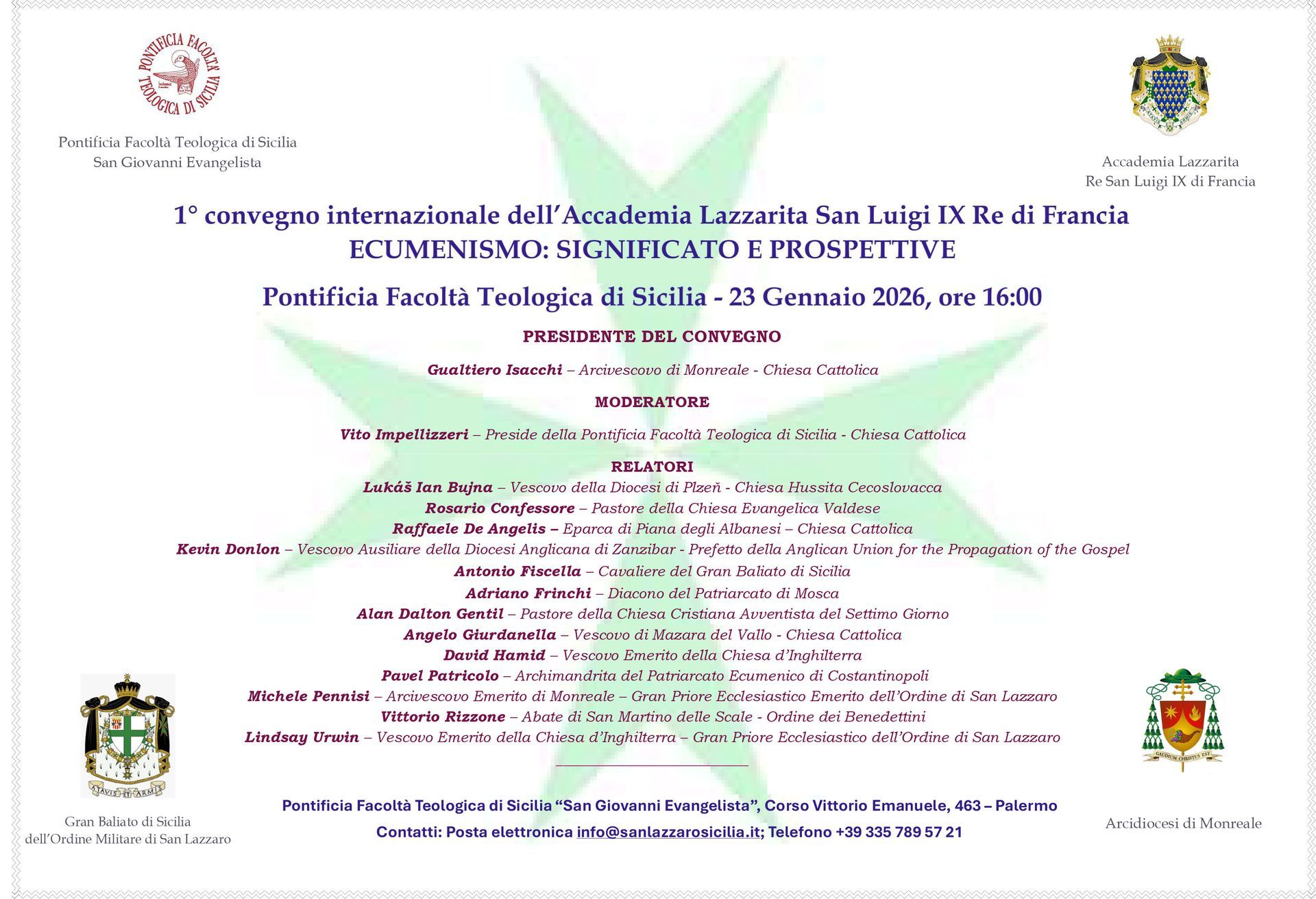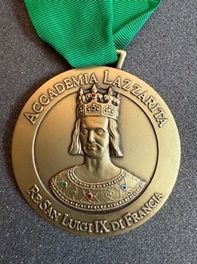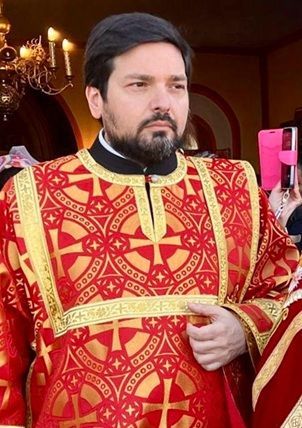MESSAGGIO DI PENTECOSTE DEL GRAN PRIORE ECCLESIASTICO DELL’ORDINE DI SAN LAZZARO
MESSAGGIO DI PENTECOSTE
DEL GRAN PRIORE ECCLESIASTICO
DELL’ORDINE DI SAN LAZZARO
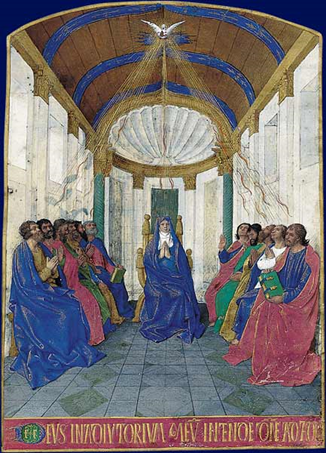
(Pentecoste, Libro d’Ore di Étienne Chevalier, 1452 – 1460, miniato da Jean Fouquet, Museo Condé, Chantilly)
Carissimi Confratelli e Consorelle dell’Ordine di san Lazzaro di Gerusalemme,
La Pentecoste è la festa dello Spirito, il dono per eccellenza del Risorto, che viene effuso con abbondanza sulla comunità dei primi credenti e ci viene donato perché siamo sostenuti nell’impegnativo compito di liberare il mondo dalle malattie e da ogni forma di male, per farci prendere coscienza di essere figli di Dio e fratelli e sorelle in Cristo.
Lo Spirito Santo costituisce l’anima, la linfa vitale della Chiesa e di ogni singolo cristiano: è l’Amore di Dio che fa del nostro cuore la sua dimora ed entra in comunione con noi. Lo Spirito Santo sta sempre con noi, sempre è in noi, nel nostro cuore. Il mistero profondo dello Spirito è quello di essere «dono».
Lo Spirito santo è il dono della vita piena; il dono dell’amore che noi non saremmo capaci di vivere; il dono della gioia che spegneremmo ogni giorno; il dono che ci permette di respirare in comunione con i fratelli e le sorelle, confessando con loro una sola fede e una sola speranza; il dono che ci fa parlare a nome di tutte le creature come voce che loda e confessa il Creatore e Signore
La vita cristiana, per svilupparsi e giungere a maturazione, esige una assistenza speciale dello Spirito santo e dei suoi doni.
S. Agostino afferma che «lo Spirito santo è il dono di Dio a tutti coloro che per mezzo suo amano Dio».
Lo Spirito stesso è il dono di Dio” per eccellenza (cfr Gv 4,10), è un regalo di Dio, e a sua volta comunica a chi lo accoglie diversi doni spirituali.
La Chiesa ne individua sette, numero che simbolicamente dice pienezza, completezza; I doni dello Spirito Santo sono: sapienza, intelletto, consiglio, fortezza, scienza, pietà e timore di Dio.
Attribuiti in prima istanza al Messia (cf. Is 11,1-2)2, nel quale si realizzano in pienezza, questi doni perfezionano le virtù del battezzato, rendendolo docile e obbediente a seguire le mozioni dello Spirito.
Il dono della sapienza, ci permette di gustare la presenza di Dio e ci introduce alla contemplazione dell’amore di Dio per noi.
Il dono dell’intelletto, ci fa penetrare nell’intimo del progetto di salvezza di Dio con gli occhi della fede e ci introduce all'esperienza intuitiva di Dio.
Il dono del consiglio ci aiuta a conoscere il giudizio di Dio nelle vicende umane alla luce della sua Parola ed è un sostegno forte nella pratica del discernimento.
Il dono di scienza ci fa valutare la realtà a partire dall’incontro con Cristo e ci fa interpretare i segni dei tempi e cogliere i semi del Verbo presenti nella realtà.
Il dono della fortezza: ci rende fedeli e perseveranti nella fede e ci aiuta ad andare contro corrente rispetto alle mode passeggere e alla mentalità mondana e a essere testimoni coraggiosi del Vangelo.
Il dono della pietà: suscita in noi il bisogno ad affidarsi al Padre ricco di misericordia, suscita in noi la preghiera di ringraziamento e di lode e ci rende disponibili alle necessità del prossimo.
Il dono del santo timore di Dio non è paura di Dio, ma gratitudine per essere sotto lo sguardo di Dio, è coscienza di essere avvolti dall'abbraccio di Dio.
Nella misura in cui accogliamo i doni dello Spirito siamo chiamati a realizzare nella nostra vita quello che san Paolo nella lettera ai galati chiama “il frutto dello Spirito” (Gal. 5,22). Le varie sfaccettature dell’unico frutto dello Spirito sono: l’amore di Dio e del prossimo infuso dallo Spirito Santo anima e fondamento di tutte le virtù; la gioia piena capace di superare tutte le tribolazioni; la pace frutto della giustizia; la pazienza da cui deriva la perseveranza; la benevolenza che ci fa diventare più affettuosi, gentili, capaci di incoraggiare, consolare; la bontà che ci fa essere magnanimi e misericordiosi verso il prossimo; la fedeltà che ci rende persone affidabili per Dio e per gli altri; la mitezza che ci fa agire con amore e umiltà in qualsiasi situazione e ci fa resistere contro il male; il dominio di se stessi che non ci rende schiavi dei desideri della carne e ci fa vivere la libertà dei figli di Dio.
In questo periodo di pandemia dobbiamo lasciarci guidare dallo Spirito Santo, che ci fa vincere ogni paura e ci rende capaci di fare della nostra vita un dono d’amore che supera persino lo sgomento della morte.
+ Michele Pennisi
Arcivescovo di Monreale
Gran Priore Ecclesiastico dell’Ordine di San Lazzaro di Gerusalemme
Maestro della Pentecoste (Mario da Laurito?), sec. XVI, Palazzo Abatellis Palermo
Dear Confreres and Consoeurs of the Order of Saint Lazarus of Jerusalem,
Pentecost is the feast of the Spirit, the gift par excellence of the Risen One, spread with abundance on the community of first believers and is given to us to strengthen us in the demanding task of freeing the world from diseases and all forms of evil and to make us aware that we are children of God and brothers and sisters in Christ.
The Holy Spirit constitutes the soul, the lifeblood of the Church and of every single Christian: it is the Love of God which makes our hearts His home and enters into communion with us. The Holy Spirit is always with us, always in us, in our hearts. The profound mystery of the Spirit is to be a "gift".
The Holy Spirit is the gift of full life; the gift of love which we would not otherwise be able to show in our lives; the gift of joy which would be absent from our lives; the gift that allows us to breathe in communion with our brothers and sisters, confessing with them one faith and one hope; the gift that makes us speak on behalf of all creatures with a voice that praises and confesses the Creator and Lord.
Christian life, in order to develop and mature, requires special assistance from the Holy Spirit and his gifts. St Augustine affirms that "the Holy Spirit is God's gift to all who love God through him ".
The Spirit himself is God's “gift" (cf. Jn 4:10) and, in turn, communicates different spiritual gifts to those who receive Him. The Church identifies seven of them, a number that symbolically says fullness and completeness.
The gifts of the Holy Spirit are: wisdom, intellect, counsel, fortitude, science, piety and fear of God. Attributed in the first instance to the Messiah (Cf. Is 11:1-2) in whom they are realized in fullness, these gifts perfect the virtues of the baptized, making us meek and obedient to follow the motions of the Spirit.
The gift of wisdom allows us to taste the presence of God and introduces us to the contemplation of God's love for us.
The gift of the intellect makes us penetrate the depths of God's plan of salvation with the eyes of faith and introduces us to God's intuitive experience.
The gift of counsel helps us to know God's judgment in human affairs in the light of his Word and is a strong support in the practice of discernment.
The gift of fortitude makes us faithful and persevering in faith and helps us to go against the current with respect to passing fashions and the worldly mentality and to be courageous witnesses of the Gospel.
The gift of science makes us evaluate reality starting from the encounter with Christ and helps us to interpret the signs of the times and grasp the seeds of the Word present in reality.
The gift of piety arouses in us the need to entrust ourselves to the Father who is rich in mercy, stimulates our prayers of thanksgiving and praise and makes us available to the needs of others.
The gift of God's holy fear is not fear of God, but gratitude to be under God's gaze; it is the awareness of being enveloped by God's embrace.
To the extent that we accept the gifts of the Spirit, we are called to realize in our lives what Saint Paul calls in his letter to the Galatians "the fruit of the Spirit" (Gal. 5:22). The various facets of the one fruit of the Spirit are: the love of God and neighbour infused by the Holy Spirit, soul and foundation of all virtues; full joy capable of overcoming all tribulations; peace, the fruit of justice; the patience from which perseverance derives; the benevolence that makes us more affectionate, kind, capable of encouraging, consoling; the goodness that makes us magnanimous and merciful towards others; the fidelity that makes us reliable people for God and for others; the meekness that makes us act with love and humility in any situation and makes us resist evil; the domination of oneself that does not enslave us to the desires of the flesh and makes us live the freedom of God's children.
In this period of pandemic, we must allow ourselves to be guided by the Holy Spirit, who enables us to overcome all fear and makes us capable of making our lives a gift of love that even conquers the dread of death.
+ Michele Pennisi
Archbishop of Monreale
Ecclesiastical Grand Prior of the Order of Saint Lazarus of Jerusalem

